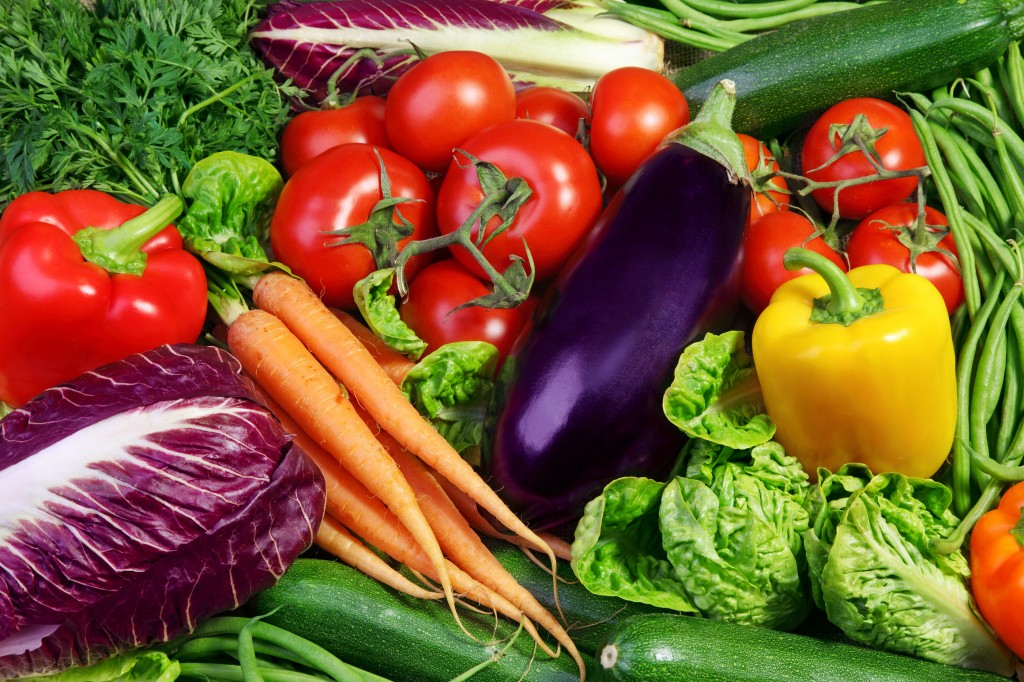- Make It Yourself Lavender Heart-Shaped Bath Bombs!
- 20 Things You Never Knew About “Down There”
- 12 Best Foods For Those Suffering From Arthritis Pain
- 12 Personal Hygiene Mistakes Almost Everyone Makes (Mom Never Told You About #4!)
- 15 Medicinal Plants And Herbs From The Cherokee People
- 12 Mind-Blowing Benefits Of Drinking Coconut Water During Pregnancy
- 12 Outstanding Winter Foods That Won’t Fatten You Up Like A Christmas Turkey
The Absolute Best People Food That You Can Share With Your Pooch

Photo credit: bigstock.com
15. Most Vegetables
Almost all vegetables are fine for Fido. This includes peas, broccoli, green beans, and cauliflower. Also, coconuts and coconut oil can be safely given to your pet.
Keep in mind that, for the most part, these foods should be treats and make up no more than 10 percent of your dog’s daily diet.
What You Should Never Feed Fido
There are some foods that you should never give to your four legged friend and those are:
- Alcohol – This can cause coma and even death
- Avocados – Often causes vomiting and diarrhea
- Raisins- Too many raisins can cause kidney failure
- Bones – These can cause stomach or intestinal lacerations
- Walnuts or Macadamia Nuts – These cause damage to the central nervous system
- Garlic and Onions – These can cause anemia
- Dairy – Too much milk or other dairy products can lead to diarrhea
- Grapes – Like raisins, these can cause kidney failure
- Mushrooms – Good for us, but not for dogs! These can cause shock and death
- Fatty Foods – Such as French fries and hamburgers; these lead to pancreatitis
- Caffeinated Drinks – This often give dogs diarrhea and vomiting
- Xylitol – Often found in sugarless gum or candy, these cause liver failure and death
- Chocolate – Dogs cannot metabolize chocolate which leads to heart and nervous system damage, sometimes, even death
- Over The Counter Pain Relievers – Such as Ibuprofen and Naproxen, these lead to ulcers and kidney failure.
READ ALSO: 15 Ways Your Home Might Be Poisoning Your Pet (We Never Thought About #9!)
Always give your dogs small amounts of approved foods to see how he reacts to them. Like people, some dogs have allergies to certain foods. Always consult your vet if you think your dog has consumed something he is allergic to or that he should not have eaten.
References:
































